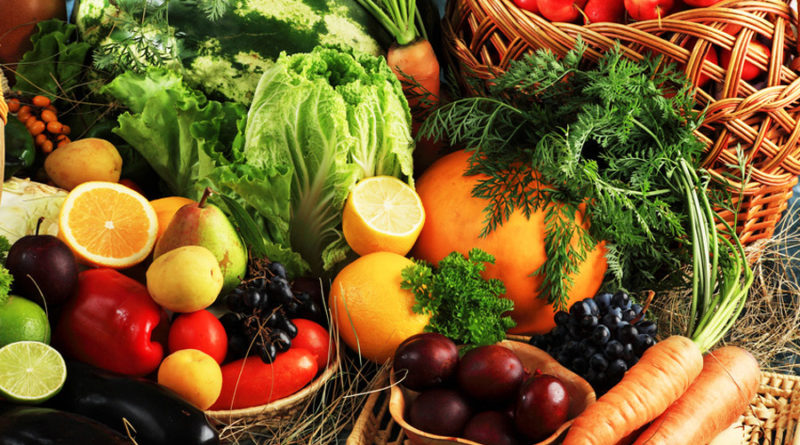More than eating your veggies, chew them well
Did you know that there is still much to learn from the ever-changing landscape of health and wellness? It pays to keep abreast on the latest research.
The developing “big picture” is becoming clearer with the passage of time. Each year, thanks to scientists, we are able to understand the inner workings of the human body.
Here are a few nuggets of helpful information that may contribute to your general well-being.
Chew well
Eating fruits and vegetables is your best bet for cancer prevention. However, it takes about 10-15 servings of greens in order to derive maximum benefits.
Your body absorbs only 30 percent of these nutrients. The reason is that the human digestive system doesn’t have the enzymes required to dissolve the cell walls of vegetables.
Solution: Chew your vegetables well. The recommended practice is to chew 18-20 times or until the food is mushy.
This, or juice vegetables in a blender—at least 80 percent of its nutrients are released and absorbed by the body.
Toxin-buster
We are surrounded by toxic chemicals. It is in the air we breathe and the food we eat. Chemicals are carcinogenic.
One of the biggest of toxins is benzene, which comes from oil products, pasteurized juices, weed killers, ultra-pesticides and aspartame (a sugar substitute).
Dr. Russel Blaylock, author of “Natural Strategies for Cancer Patients,” says that one must increase antioxidant consumption to fight high levels of toxicity in the body. Consume foods high in flavonoids.
These are found in foods with bright colors such as fruits and vegetables, although there are colorless vegetables that are also rich in antioxidant.
Flavonoid-rich foods are: leafy greens, romaine lettuce, onions, tomatoes, radishes, almonds, berries, green tea, (all kinds) peppers, celery, apples, oranges, watermelon, pears, dark chocolate, and yes, red wine.
And the verdict is out—the recommended daily intake of fruits and vegetables has been raised from one to two cups. By increasing one’s intake, weight loss is guaranteed to those who have weight problems.
The most ideal is to follow the five a day rule; eat a total of five fruits and vegetables daily.
CoQ10 is a must
Experts believe that every organ in the body is dependent on CoQ10 especially the brain.
Coenzyme Q10 is also known as ubiquinone. This, because it is considered ubiquitous in the human body. It is the single most vital of all nutrients needed in order to energize every single cell. This antioxidant is crucial for cell energy.
Scientific data shows that it provides substantial health benefits to patients suffering from degenerative diseases such as hypertension, heart problems and fatty liver.
The human body produces CoQ10 naturally; however, aging reduces the level of its production. Also, if you are taking any statin drugs to reduce cholesterol, you will need to supplement with CoQ10 as these drugs reduce your CoQ10 production.
Natural sources of CoQ10: organ meats (liver, kidney, heart), beef, pork, sardines, mackerel, spinach, broccoli, cauliflower, nuts, fish, chicken, eggs and lamb.
In addition, you should consider taking CoQ10 supplements, minimum of 100 mg daily. Consult your doctor for guidance.
NOTE : All publications and photographs have been taken from the Internet









